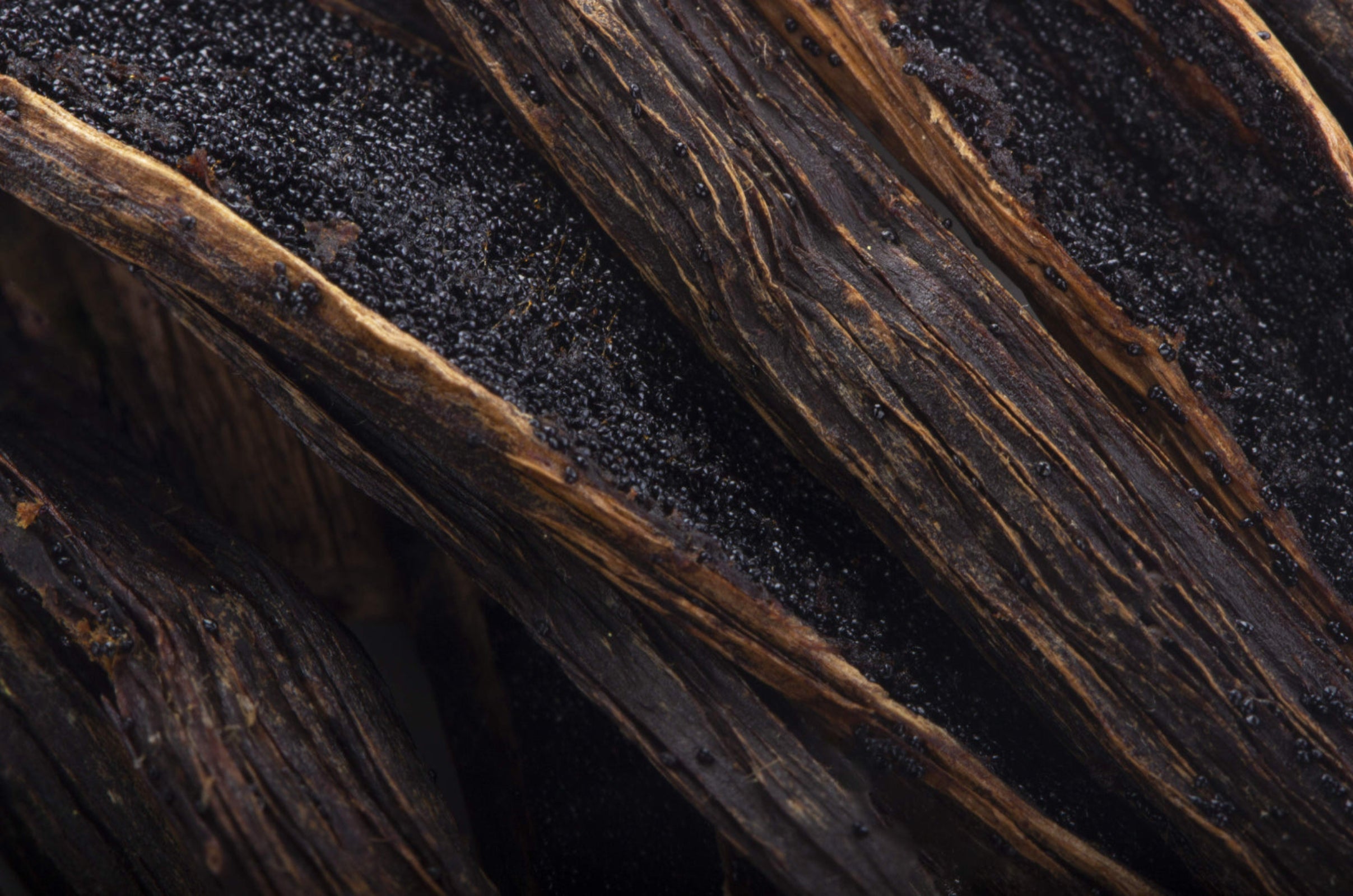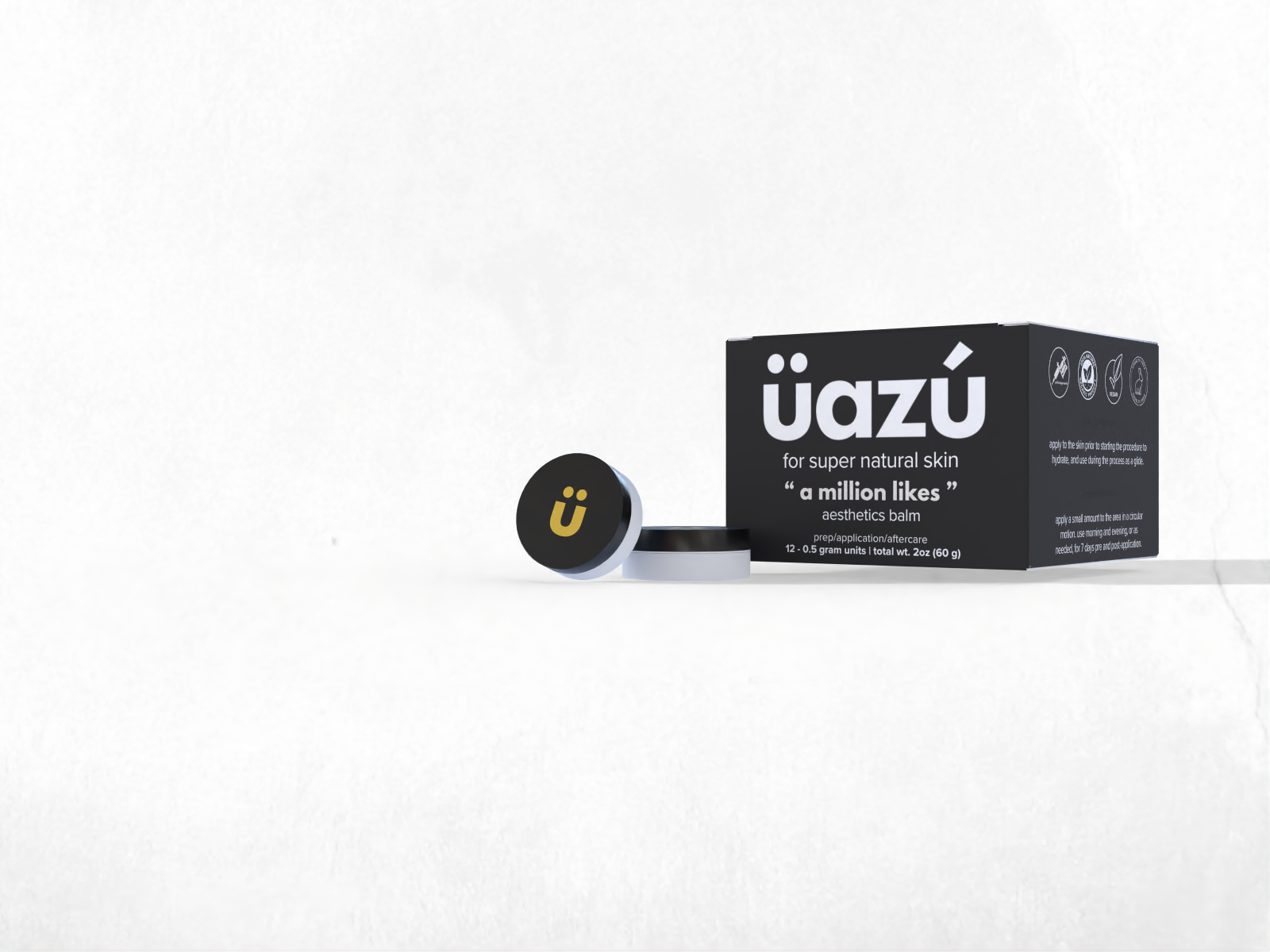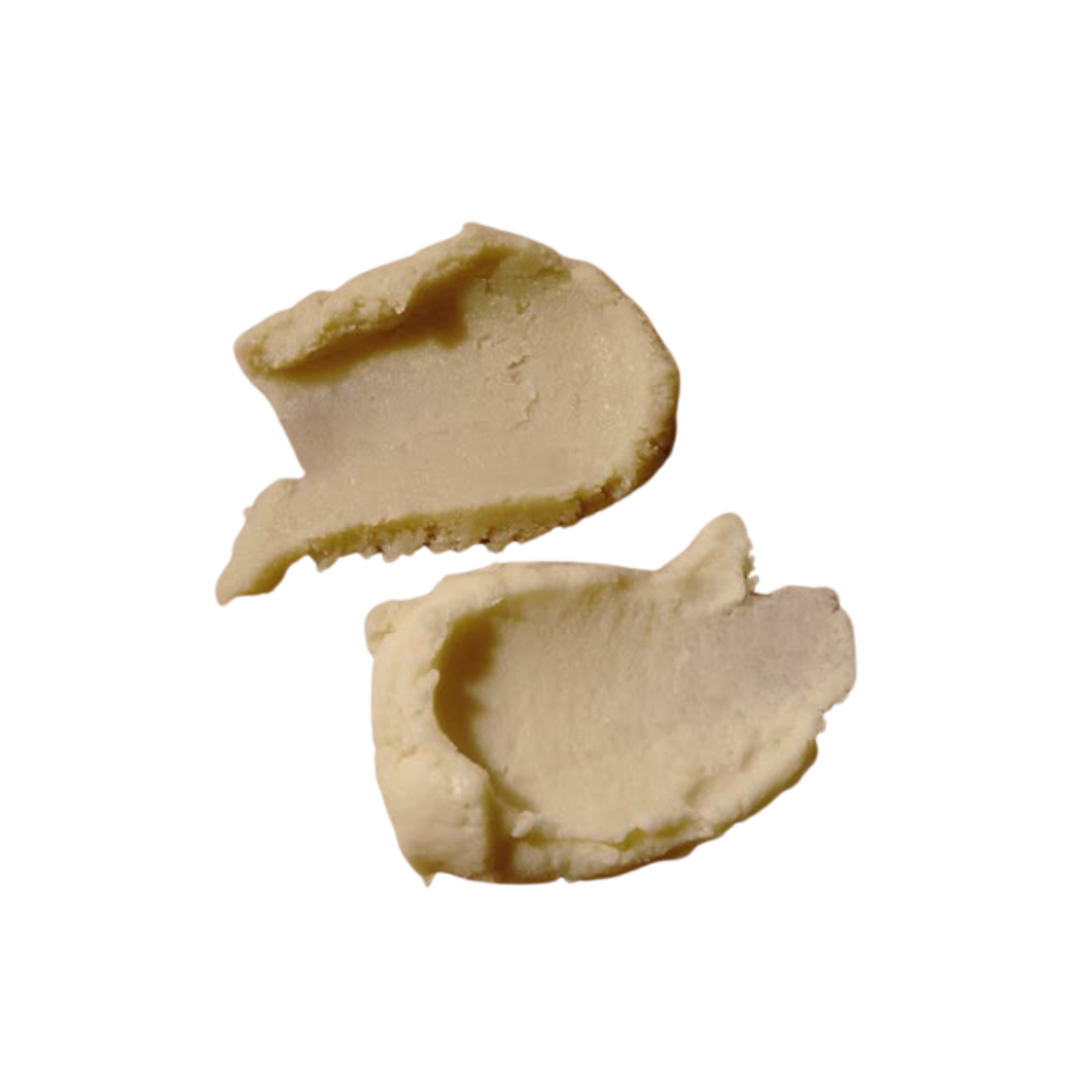
Jojoba Oil: The Skincare Hero
Jojoba Oil – also known as coffee nut, pignut, bucknut, and a variety of other names – has long been a beloved ingredient in skincare, but what makes it so special? Known for its ability to hydrate, balance, and nourish the skin, jojoba oil mimics your skin’s natural sebum, making it one of the most popular and versatile plant oils. At Üazú Skincare, we incorporate jojoba oil in our formulations to enhance your complexion through optimal hydration and nourishment. In this post, we’ll explore what jojoba oil is, how to use it, and why it deserves a top-spot in your skincare ritual.

What is Jojoba Oil?
According to the Alternative Field Crops Manual, “Native Americans extracted the oil from jojoba seeds to treat sores and wounds centuries ago.” This means that jojoba oil is extremely talented at bacterial prevention and growth.
Jojoba oil originates from specific parts of the United States and Mexico, usually in drier environments, making it an agricultural asset to many. Scientifically known as Simmondsia chinensis, the jojoba plant actually doesn’t produce oil but wax. This golden oil is pretty much odorless and very lightweight compared to other seed oils.
Jojoba oil had a major impact on the environment in the 1970s, where it is said to have saved the whales. During this time, whale oil, derived from the hunting of sperm whales, was used for a multitude of processes needing lipids, such as textiles, soap making, and manufacturing. Because of jojoba oil’s rise in popularity as a waxy lipid, people began using it as a renewable resource to replace the killing of sperm whales.
How Jojoba Oil Works in Skincare
Jojoba oil offers a multitude of benefits for all skin types. Here’s how it does it:
-
Hydration and Moisture Locking: being lightweight, jojoba oil creates a breathable layer on the skin, preventing water-loss while also avoiding greasiness.
-
Balancing Sebum Production: because it mimics your skin’s natural sebum, jojoba oil regulates your skin’s oil production for both oily and dry skin, leading to a healthier and more stable skin barrier.
-
Soothing and Anti-Inflammatory Properties: jojoba oil is rich in vitamins E and B as well as being chalk full of antioxidants that calm irritation and reduce redness.
-
Non-Comedogenic: unlike some oils, jojoba oil is great for all skin types due to it being non-comedogenic or non-pore clogging.
Why Üazú Loves Jojoba Oil
At Üazú Skincare, we are dedicated to bringing you the healthiest and most sustainable ingredients possible, and jojoba oil goes above and beyond those standards. Jojoba oil works for your skin, not against it. Without any added ingredients, it already mimics your skin’s natural sebum, acting as a natural hydrator and protectant for everyday life.
Beyond its topical benefits, jojoba oil is one of the most sustainable oils on the market. Jojoba plants thrive in environments with little water, making them an eco-conscious and plant-based alternative to intensive crop harvesting. Üazú wants to continue offering organic skincare while remaining aligned to ethical and sustainable beauty practices that are often ignored today. We choose ingredients that support both your skin and the planet.
Common Jojoba Oil Myths
We are here to clear up some common misconceptions about jojoba oil and its uses. Let’s go through a few:
-
MYTH: Jojoba oil will make my skin oily
-
FACT: Jojoba oil works for even the oiliest of skin, regulating your sebum production and telling your body to make less pore-clogging oil!
-
MYTH: Jojoba oil will clog my pores
-
FACT: Jojoba oil so closely resembles your natural sebum that it absorbs easily and won’t contribute to breakouts (plus its non-comedogenic)!
-
MYTH: Jojoba oil only works to moisturize my skin
-
FACT: Jojoba oil works as an antioxidant, anti-inflammatory, and barrier-supporting skincare ingredient!
How to Use Jojoba Oil in Your Routine
While you can simply use pure jojoba oil as another step in your skincare routine, it can also be incorporated in a variety of other ways:
-
Mixed with Moisturizer: Mix a pea-sized amount of jojoba oil with your favorite moisturizer and apply as usual to lock in hydration.
-
As a Makeup Remover: Jojoba oil is great for removing makeup without stripping the skin of natural oils. Before washing your face, rub in the jojoba oil using circular motions before rinsing off the residue.
-
As a Face Oil: You can simply layer jojoba oil under or over your moisturizer (depending on your moisturizer’s thickness) as an extra step in your skincare routine.
-
As a Hair and Scalp Treatment: Massage into your scalp to promote hair growth and shine.
-
As a Carrier Oil: You can always blend jojoba oil with other oils for a custom, more targeted skincare treatment, just like The Vitamin E Formula.
The Future of Jojoba Oil in Skincare
In the skincare world, demand for natural and sustainable skincare continues to rise, positioning jojoba oil as a key ingredient in the future of organic and clean beauty. It’s nature’s jackpot, being organic, nourishing for your skin, and having a very long shelf-life. It’s a given that it will give you that youthful glow while keeping you grounded.
Even beyond skincare, jojoba oil is becoming increasingly popular in hair and body care. If you were to look up the best hair or skincare oils, jojoba is sure to be on the list. Jojoba oil is known to prevent hair thinning while avoiding that greasy finish after washing, just like it does on your face!
At Üazú Skincare, we are committed to harnessing the power of natural ingredients to benefit both your skin and the environment that supports us, and using jojoba oil as one of our staple ingredients is one way we are going to do it. We are proud to incorporate jojoba oil into our formulations to bring you the most naturally efficient products the earth has to offer.

Sources
Gad, H. A., Roberts, A., Hamzi, S. H., Gad, H. A., Touiss, I., Altyar, A. E., Kensara, O. A., & Ashour, M. L. (2021). Jojoba Oil: An Updated Comprehensive Review on Chemistry, Pharmaceutical Uses, and Toxicity. Polymers, 13(11), 1711. https://doi.org/10.3390/polym13111711
Heuzé V., Hassoun P., Bastinanellli D., Lebas F. (2016). Jojoba (Simmondsia chinensis). Feedipedia. https://www.feedipedia.org/node/647
Undersander D. J., Oelke E. A., Kaminski A. R., Doll J. D., Putnam D. H., Combs S. M., Hanson C. V. (1990). Jojoba. Corn Agronomy. https://corn.agronomy.wisc.edu/Crops/Jojoba.aspx
Power of Moisture. Inca Oil. https://incaoil.org/jojoba-oil-beauty/






